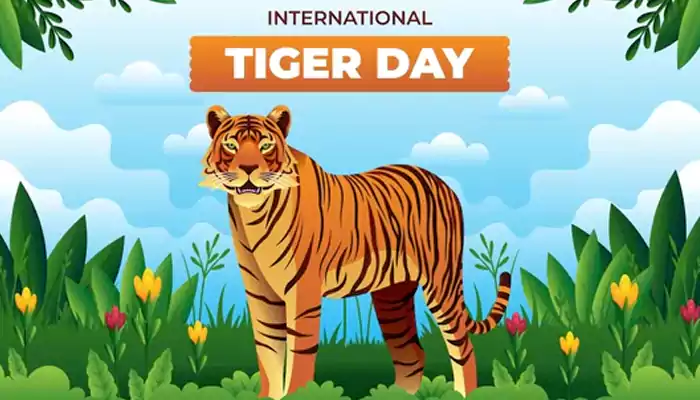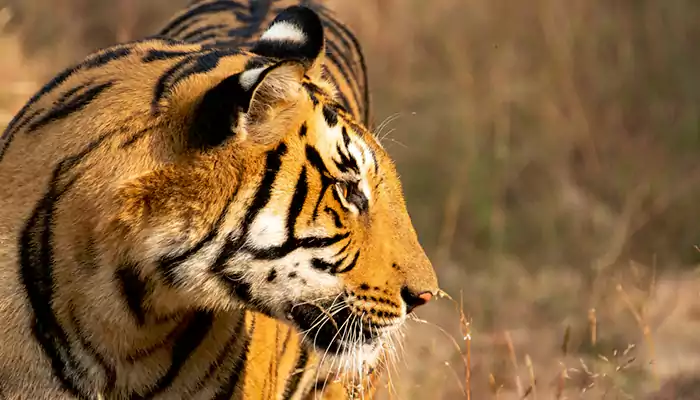Essential Nutritional Needs for Dogs and Cats: What Every Pet Owner Should Know
- Shriparna
- 1 year ago
- 5 minutes read

This knowledge on differences is very vital for every person that is a pet owner with a view of gaining the right knowledge on how to feed their lovely pets.
Animals are part of the family, similar to humans and therefore need to be fed a balanced diet for them to get an optimum health status. However, there exists a great variation as dogs and cats are different in terms of their evolution and or physiology.
The Evolutionary Background
There is no way one can compare between carnivores and omnivores without understanding that carnivores are animals that mostly eat meat while omnivores feed on either meat or plants depending on the availability of the two products.
It is worthwhile to mention that dogs and cats cannot eat the same food for a long time, because their diets are rather different due to the evolutionary factors. Cats are particularly stick-in-their-ways, and are called obligate carnivores because of their bodies which are adapted to source its nutrition mainly from animal flesh. It lacks some of the enzymes that are used in the breakdown of plant material properly and have a high protein level and the nutrients like taurine, arachidonic acid and vitamin A are found mainly in animals only.
Dogs on the other hand are considered facultative carnivores. They have adapted the capacity to feed on different foods that are in the form of animal proteins as well as the plant matter. This versatility is as a result of the domestication process that let the dogs to be associated with wider variety of foods. Dogs are superior to cats in terms of carbohydrate digestion and do not have near as strict of a protein need.
Key Nutrients for Cats
Since cats are obligate carnivores they must consume food that is high in animal protein of premium quality. It plays important role in the muscles, the protection of the body from diseases, and even the rate of skin and fur growth. Furthermore, cats are confined to a particular nutrient that is called amino acid such as taurine and arginine that is sourced from animal tissues only. Taurine being an important nutrient for heart, vision and reproductive system and arginine is very important for getting rid of ammonia in the body.
Fats are also another important nutrient that is required in a cat’s diet because cats need fat for concentrated energy, and arachidonic acid. Cats have an inability to make arachidonic acid from linoleic acid (present in plant oils of food) and hence need to obtain it from animal fats.
Another microelement, used by cats, is vitamin A, D, and B complex. On the other hand, cats are incapable of converting Beta-carotene present in plants into vitamin A; they, therefore, need pre-formed vitamin A same as liver and other organs of animals.
Key Nutrients for Dogs
Dogs are also supposed to be supplied with proteins, fats, carbohydrates as well as vitamins and minerals all of which are absorbed in the diet. Protein is an important element for muscles and their maintenance or rebuild and, unlike in the case of cats, dogs need a smaller ratio of proteins in what they are fed. However, this protein cannot compromise on quality and should better be of digestibility as well.
Fat is another type of nutrient that provides the energy and also plays a role in maintaining skin and coat health of the dog. There fats are common in the body are called the omega-3 and omega-6 fatty acids that are important in inflammation, brain activity, and joint comfort.
Cats on the other hand are incapable of getting their energy from carbohydrates though it is a good source of glucose when it comes to energy production in dogs. One should avoid consuming heavily processed foods with trans fats, sugars and salt since these can cause poor digestion, obesity and problems with the immune system, respectively. Like people, dogs need their vitamin supplements such as A, D, E, K and B complex and some minerals such as calcium and phosphorus for bone formation, metabolic processes and general body use.
Hydration: The Overlooked Component
Dogs as well as cats need fluids in their body for the various processes that occur in the body. Cats in particular, they were less willing to drink water because of the genes for living in a desert where there is not enough water to survive, it consequently cause of dehydration and urinary system diseases. Some ways of their hydration needs satisfaction include offering wet food or offering the possibility to drink fresh water constantly.
Dogs are known to be more active drinkers as compared to cats, but they should have a continuous supply of fresh and clean water at all times more so during hot weather or after exercises. They include water is used in the regulation of body temperature, proper functioning of the body organs and digestion.
Special Considerations: Age, Health, and Activity Level
The nutritional needs of dogs and cats vary with age, health status, and activity level. Puppies and kittens require diets rich in calories, protein, and fat to support rapid growth and development. Senior pets may need fewer calories but more specific nutrients to support joint health, cognitive function, and immunity.
Pets with specific health conditions, such as diabetes, kidney disease, or food allergies, may require specialized diets formulated to manage their condition. Always consult a veterinarian before making significant changes to your pet's diet, especially if they have underlying health issues.












